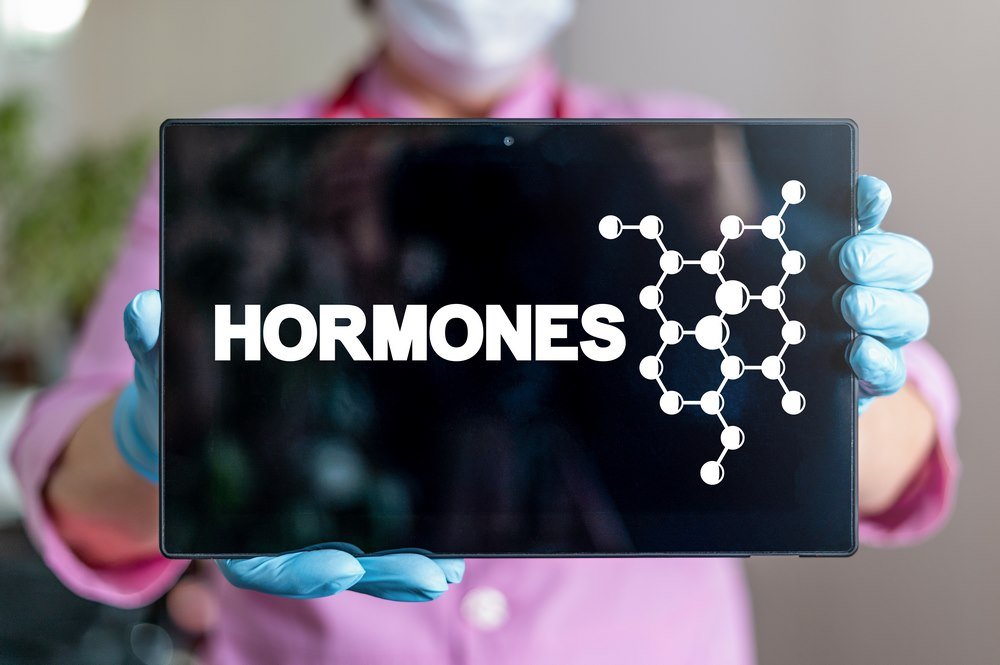Precipitants Factors

A number of factors can influence acne by modulating the degree of keratinization, sebum production, dermal inflammation and bacterial growth.
Hormones
Transition into puberty and adolescence are characterized by hormonal outbursts, which can precipitate acne. Hormones are the culprit behind acne complaints in young adults.
- Testosterone: Testosterone is male sex hormone produced by the testicles. It belongs to the class of androgens. This hormone is responsible for sexual development in males. During puberty this hormone signals the oil glands to secrete more oil, which results in acne. Acne during puberty is a common thing, but if it gets worse, a medicine called spironolactone can be used for balancing the production of testosterone. A small amount of testosterone is also found in female. Many females experience acne during menopause. It happens because the estrogen production is inhibited, which stops the menstruation cycle and the balance is tilted towards increased levels of testosterone.
- Pregnancy: pregnancy is also associated with hormonal fluctuations, and mood changes accompanied by stress. All these factors can precipitate acne.
- Menses: menses are also characterized by a monthly cycle of hormonal level alterations. This is the reason young girls can get acne pimples during or before menses. Also, a disturbance in menstrual cycle indicates a hormonal disturbance and give rise to a spell of acne.
- Poly cystic ovarian disease: this disorder of ovarian hypertrophy and associated cyst development disturbs the hormone regulation system. Along with acne, it can also cause excessive hair growth on the face.
